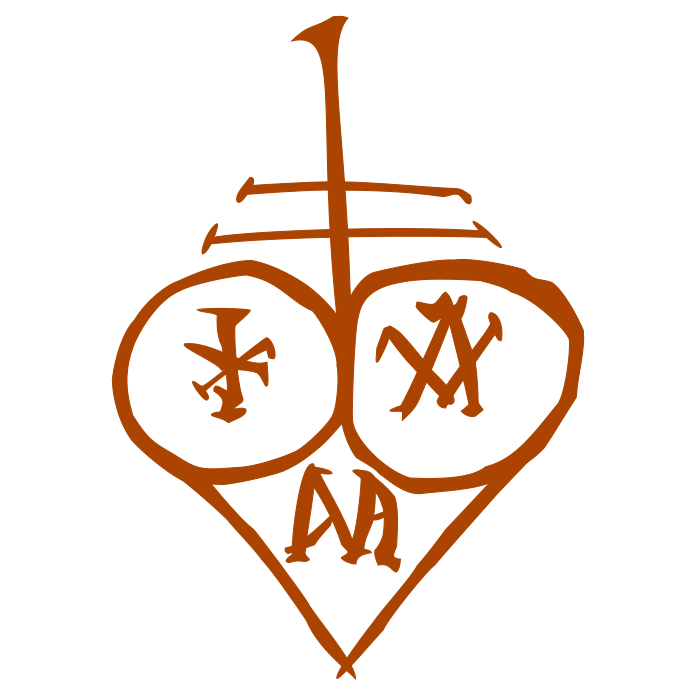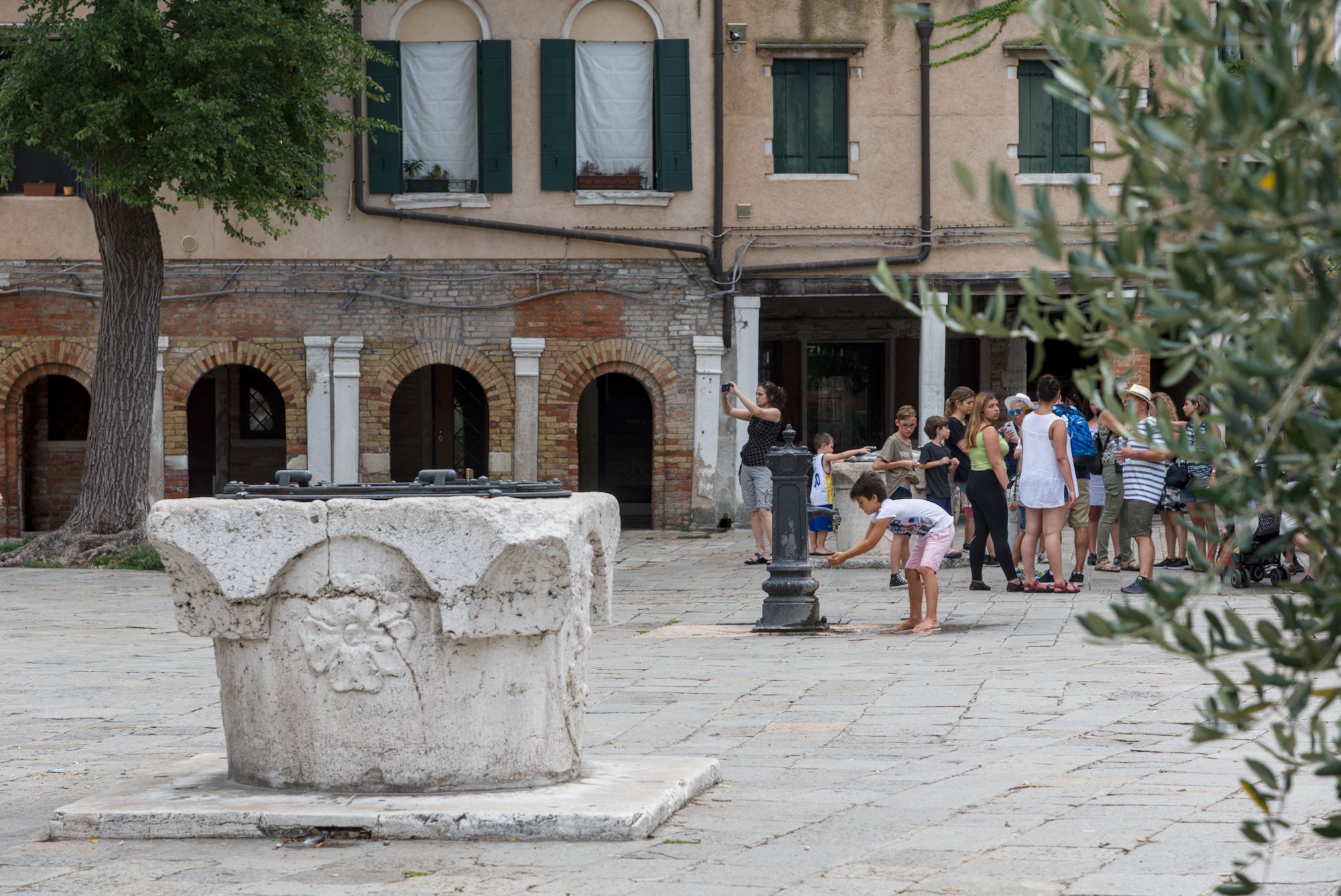The ciao — the casual Italian salute — is Venetian.
The original word is sclavus, from Byzantine Greek, meaning both a Slav and a slave. That is no coincidence.
While Christians couldn’t keep Christians as slaves, they could keep people of other religions as slaves, and the then mostly non-Christian Slavic peoples from north of the Black Sea were prime targets of the Mediterranean slave trade until they converted to Christianity.
A conversion which might also have had the purpose of reducing the slave raids on the population, however Muslim groups like the Crimean Tatars remained targets of the slave trade in the Black Sea.
Both Venice and Genova had a good slice of this lucrative market in human beings.
Changing sounds
Different European languages modified the word, because the initial sound scl- isn’t pleasing in all languages.
Some, like English, ditched the k and the word became slave, which is much easier to pronounce.
Italian changed the l (L) into an i like sound, and arrived at schiavo (pronounced like ‘ski-avo’).
Venetian on the other hand, changed the cl into a ‘ch’ sound like in chocolate, but kept the initial s. This sound doesn’t exist in Italian (or English), so in modern writing it is often written as s-c.
Hence the word sclavus became s-ciavo in Venetian.
Just like the Austrian greeting servus which also meant “slave” originally, the meaning of the Venetian s-ciavo shifted over time. From a subservient “I’m your servant” to a polite “I’m at your service” or “I am here for you” it became an informal “Hello”.
As the word also moved from a Venetian to an Italian context, the s in s-c disappeared, because it doesn’t exist in Italian. Most Italians cannot even pronounce it. Along with a weakening of the v, this reduced the word the the bit we all know: ciao – I’m your slave.
More about Venetian words
Venetian words that are still in common use include arsenal, ballot, ciao, ghetto, lazzaretto, and quarantine.








Leave a Reply